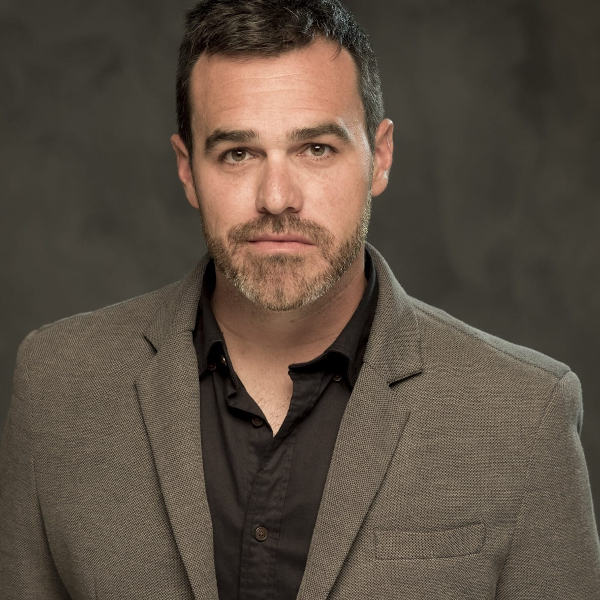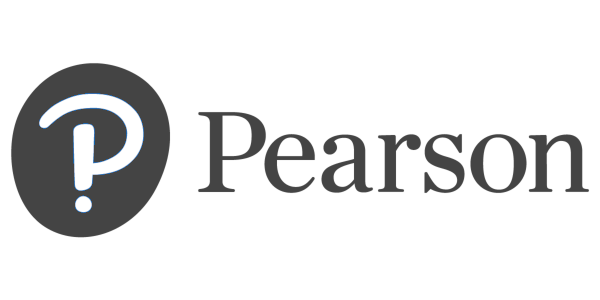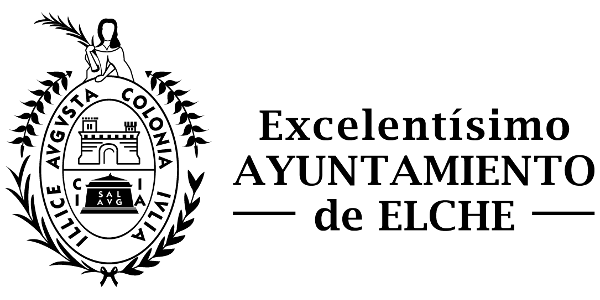Speaker

LUIS FERNANDO LÓPEZ
Universidad Complutense de Madrid
Luis Fernando López Martínez is a General Health Psychologist, psychotherapist for adults and adolescents, and trainer. Additionally, he is the Director of the Health Area and Co-Director of the ISNISS Center for Psychology and Training. He is the founder and creator of the ISNISS Project within the Doctoral Program in Health Psychology at UNED. He also holds the position of Technical Coordinator of the ‘Let’s Talk About Suicide’ Program at the Official College of Psychologists of Madrid (COP-M). He is a professor at UPV in the University Specialist in Suicidology program, Professor in the Department of Personality, Evaluation, and Psychology at UCM, and a doctoral researcher on self-harming and suicidal behaviors in digital environments, social networks, and the Internet.
With extensive teaching experience, he has taught at various public and private universities nationally and internationally. He has a broad academic background, including master’s degrees in General Health Psychology, Humanistic Psychotherapies, Community Intervention, Mediation and Conflict Resolution. He is also an Expert Technician in Gender Violence and has experience in grief counseling.
In addition to his teaching and research work, he is the author of several published works, including “Emotional Toll: A Journey to Your Inner Self,” “Grief, Self-injury and Suicide Behavior: Challenges in the Digital Age,” “Practical Guide to Self-injury and Suicide in Digital Environments,” “Comprehensive Approach to Suicidal and Self-injurious Behavior: Guide for Families and Professionals,” “Words that Heal: The Power of Words in Self-injury and Suicide,” and “When I am my Own Enemy.”
He is a member of the Spanish Association of Neuropsychiatry and Mental Health (AEN), the Spanish Society of Clinical and Health Psychology (SECyS), and the International Society for Self-injury (SIA). He is also a founding member of the Spanish Suicidology Society and a professional member of the suicide behavior study and research group at COP-M.
Luis Fernando is actively involved as a disseminator in the media, press, as well as in public and private associations and institutions, on topics related to mental health, prevention, and intervention in self-destructive, disruptive, suicidal, and self-injurious behaviors on social networks, the Internet, new technologies, and ICT.
Guidelines for the management of self-injury with adolescents

In the complex landscape of adolescent mental health, self-harm emerges as a behavior that demands specialized understanding and management from healthcare professionals. The applied session “Guidelines for Managing Self-Harm in Adolescents” constitutes a call for those seeking to delve into scientific and effective intervention strategies. It will address the crucial differentiation between self-harm with and without suicidal intent, establishing a framework for appropriate treatment. The underlying functionality of these behaviors will be explored, highlighting the importance of risk assessment and balanced confidentiality management. Furthermore, the critical importance of identifying self-harm indicators in the digital environment, an increasingly influential space in youth dynamics, will be emphasized.
The construction of comprehensive clinical histories and the design of intervention plans tailored to each case will be topics of discussion, outlining specific strategies to promote the recovery and overall well-being of the adolescent.










